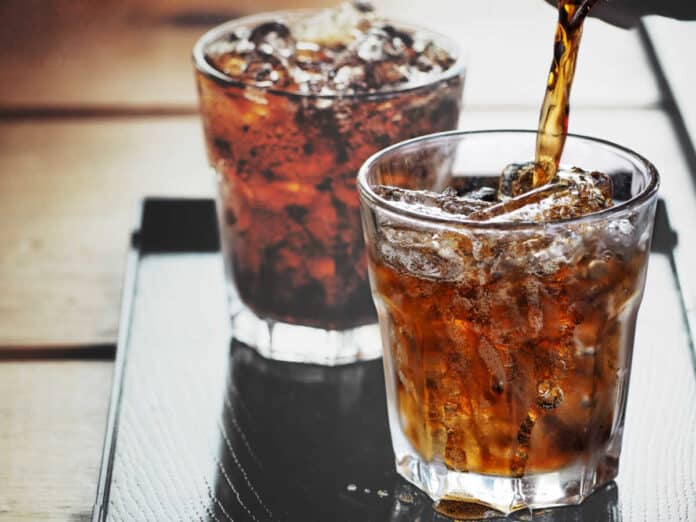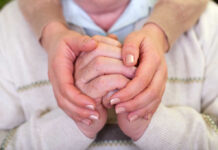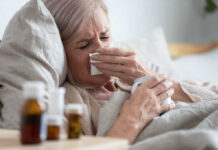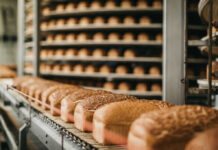
According to a new study, soft drinks could trigger anxiety symptoms. This article examines the research behind the claims and how to adjust your beverage choices to protect your health.
What Were The Study’s Findings?
The study, which was published in Nutrients, discovered that soft drinks were connected with an increased level of anxiety than tea or coffee. In the research, people who drank two or more cans of carbonated soda daily suffered more severe anxiety symptoms than those who drank less than one per week.
The participants consisted of 1,025 people between the ages of 18 and 75 from the United Kingdom, Germany, Spain, and the Netherlands, all of whom had a body mass index (BMI) between 25 and 40 kg/m2 and had some signs of depression.
The study’s researchers said no relationship was discovered between coffee and tea consumption and the level of depression in this specific population in any of the analyzed consumption amounts. This meant drinking coffee and tea was not linked with anxiety in this study. However, this doesn’t mean certain people don’t feel anxious after drinking caffeine.
Because this study was conducted on a smaller subgroup with specific BMIs and preexisting depressive symptoms, the finding doesn’t accurately represent the general population.
However, it’s still a relevant study as it reinforces the idea that what you eat and drink has a major effect on your mental health. It also sheds more light on the issue of how nutrition and mood disorders could be connected.
What To Drink Instead of Soda
According to this new research, limiting soda could help ease symptoms of depression and anxiety. As such, here are some alternative beverage options you can consider:
● Coffee
● Sparkling water
● Kombucha
● Fresh juice like tart cherry juice or beet juice
● Tea
However, you should avoid diet sodas sweetened with alternatives like aspartame. Uma Naidoo, M.D., a nutritional psychiatrist, said aspartame has been discovered to restrict neurotransmitter function.
Additionally, recent research suggests that exposure to aspartame can lead to changes in the performance of genes that regulate excitation-inhibition imbalance in the amygdala, a brain region responsible for regulating fear and anxiety.
Conclusion
According to a new study, soft drinks increased anxiety levels more than tea or coffee in adults with a BMI between 25 and 40 kg/m2. While these findings cannot be applied to everyone without further research, they lend credibility to research that states that soft drinks are not the healthiest option for your mental health.


















